On the occasion of the visit of the Indian Foreign Minister to three Southeast Asian countries, Associate Professor Rahul Mishra at the Center for Indo-Pacific Studies, Jawaharlal Nehru University, New Delhi, wrote a commentary in Hindustan Times affirming the significance and policy importance of this visit. TG&VN translated the analysis.
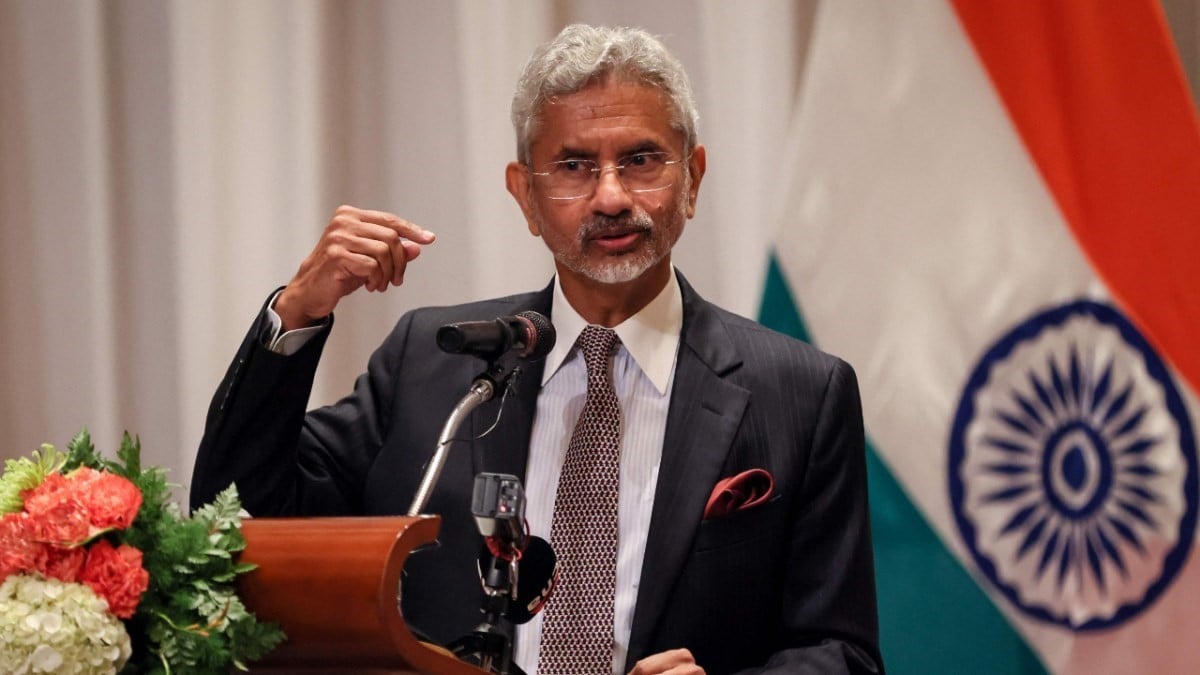 |
| Indian Foreign Minister S. Jaishankar is visiting Southeast Asia from March 23-27. (Source: PTI) |
Take relationships to the next level
From March 23-27, Indian Foreign Minister S. Jaishankar departed for a Southeast Asia tour with three stops in Singapore, the Philippines and Malaysia, as India prepares to celebrate the 10th anniversary of the implementation of the Act East policy in India.
During his five-day visit, External Affairs Minister Jaishankar will seek to maximise diplomatic engagement to take India's ties with Southeast Asian partners to the next level.
Singapore is a long-standing partner of India. Bilateral relations have come a long way since Prime Minister Goh Chok Tong’s visit to India in 1994. Singapore has played a key role in promoting ASEAN-India relations and enhancing India’s cooperation in ASEAN-led mechanisms.
Besides, Singapore is one of India's most trusted partners in the region in terms of trade, investment, defense - security and many other areas of strategic cooperation. Singapore can be considered as India's gateway to ASEAN.
In contrast to Singapore, India’s relationship with the Philippines has not yet reached its full potential. However, recent developments in India-Philippines trade as well as in the security and defence sphere are very encouraging.
India and the Philippines signed a defense agreement in January 2022 under which India will supply the supersonic cruise missile variant of BrahMos to the Philippines. India has also offered to supply Tejas Mk1 to the Philippines. India and the Philippines are looking forward to celebrating 75 years of partnership and this would be an opportune time to elevate their bilateral relationship to the level of strategic partnership.
Malaysia is one of the four ASEAN member states with which India has signed strategic partnership agreements. The other three are Indonesia, Singapore, and Vietnam. The transition from strategic partnership to comprehensive strategic partnership in 2015 during Prime Minister Narendra Modi’s visit to Malaysia, shows the importance India attaches to Malaysia in its Act East policy.
Despite the ups and downs in bilateral relations in recent years, it is noteworthy that foreign policy officials in New Delhi and Kuala Lumpur have effectively addressed unexpected challenges with seriousness and sincerity to keep the relationship warm and meaningful.
Malaysia also boasts of having one of the largest Indian communities in the world, which plays a vital role in promoting economic relations and cultural interactions between the two countries.
There are 2.77 million people of Indian origin in Malaysia, accounting for about 8.5% of the population. Malaysia is also home to about 140,000 Indian immigrants, including professionals and workers in various fields. The influx of tourists has significantly enhanced people-to-people ties between the two countries.
Bilateral trade and investment relations are growing, while defence cooperation has also reached new heights. India and Malaysia are discussing the idea of importing defence equipment from India and exploring new potentials for defence cooperation.
With a bilateral trade turnover of nearly 20 billion USD in 2022-2023, the two countries are striving to exceed the 25 billion USD mark by 2026.
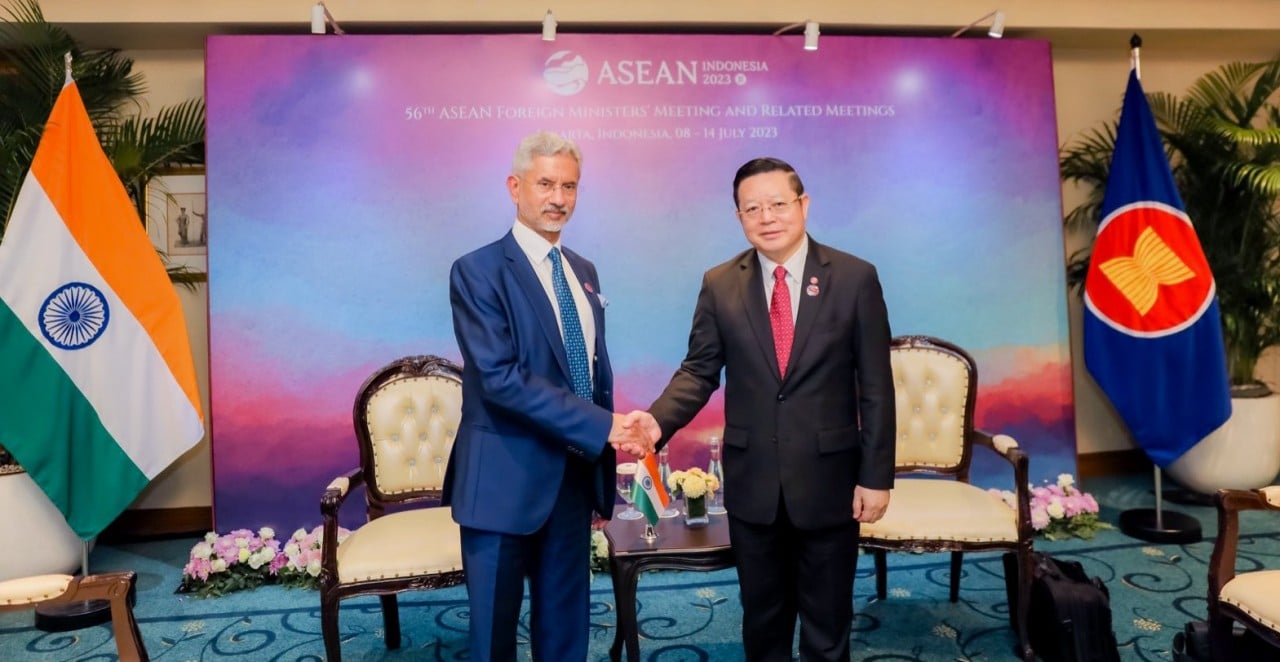 |
| Indian Foreign Minister S. Jaishankar meets ASEAN Secretary General Kao Kim Hourn on July 12, 2023 in Jakarta, Indonesia. (Source: X) |
For the common good, minimizing risks from major power competition
As Malaysia prepares to assume the ASEAN Chairmanship in 2025, it is important for both sides to understand each other’s policies towards the Indo-Pacific region, as India increasingly plays a larger role in shaping the Indo-Pacific regional order.
India's commitment to maintaining an inclusive, peaceful, rules-based and open Indo-Pacific region is aligned with the ASEAN Outlook on the Indo-Pacific (AOIP).
India's Indo-Pacific Oceans Initiative (IPOI) as well as the Security and Inclusive Growth in the Region (SAGAR) reinforce India's image as a responsible stakeholder and partner in ensuring the region's overall security.
India's strong commitment to ASEAN norms and principles is also in line with ASEAN's shared vision and priorities in the region.
ASEAN countries are well aware that many of the challenges facing the region are also being faced by India and its dialogue partners. It is in both India and ASEAN’s interest to take meaningful and effective steps to ensure that ASEAN remains a central force in mediating disputes in the South China Sea.
This is necessary to keep the Indo-Pacific a typical rule-based, peaceful, inclusive, open and prosperous region, away from the negative impacts of great power competition, such as the US-China competition.
Source


![[Photo] Sparkling lanterns to celebrate Vesak 2025](https://vphoto.vietnam.vn/thumb/1200x675/vietnam/resource/IMAGE/2025/5/7/a6c8ff3bef964a2f90c6fab80ae197c3)
![[Photo] Prime Minister Pham Minh Chinh chairs meeting to review preparations for trade negotiations with the United States](https://vphoto.vietnam.vn/thumb/1200x675/vietnam/resource/IMAGE/2025/5/6/1edc3a9bab5e48db95318758f019b99b)
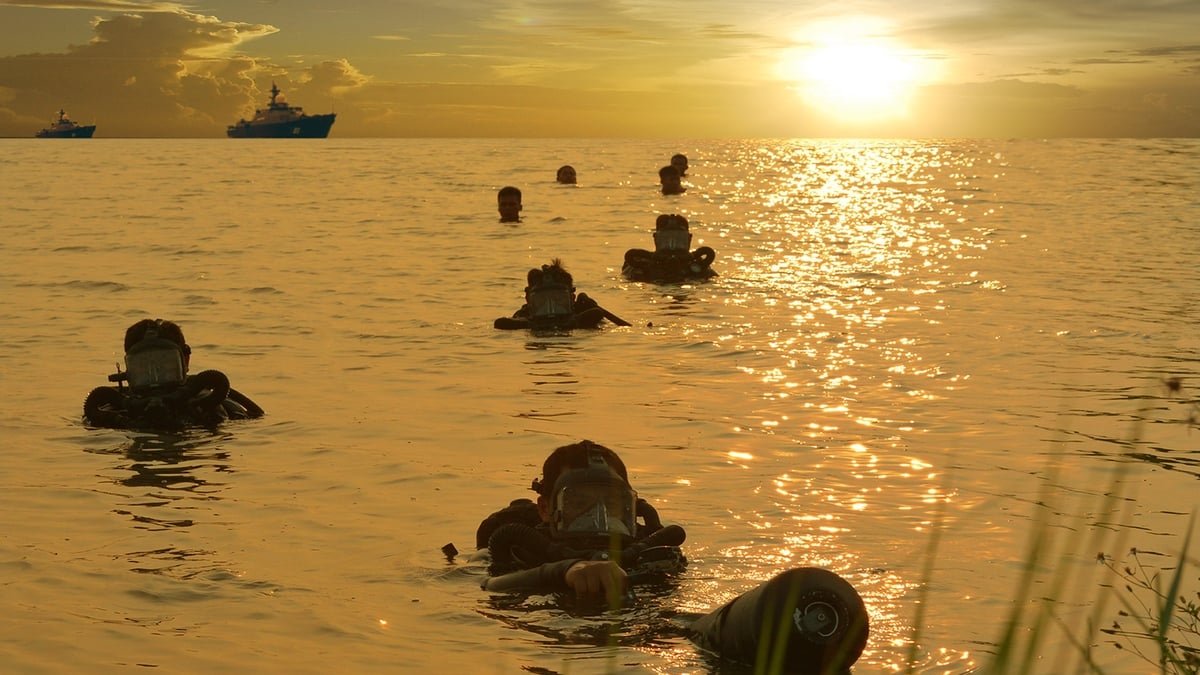







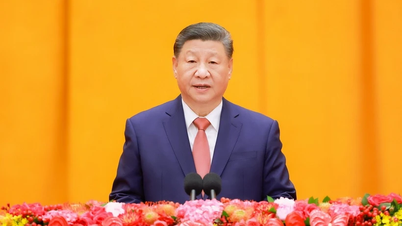







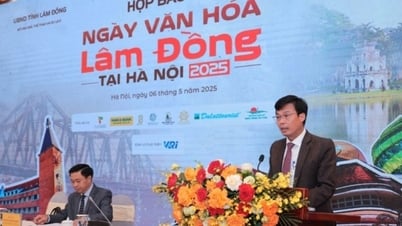
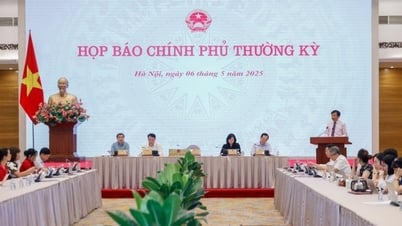


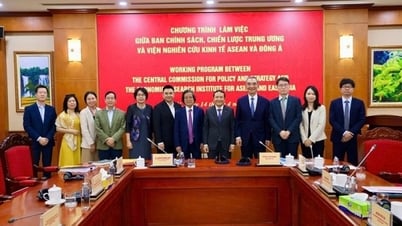



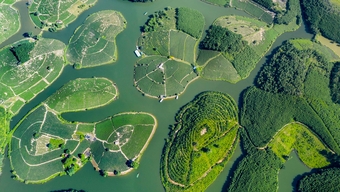
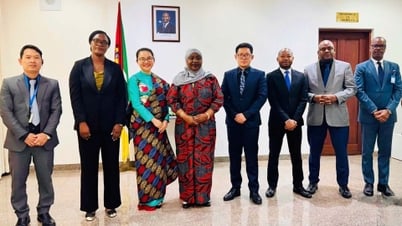




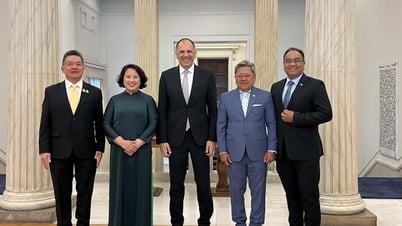
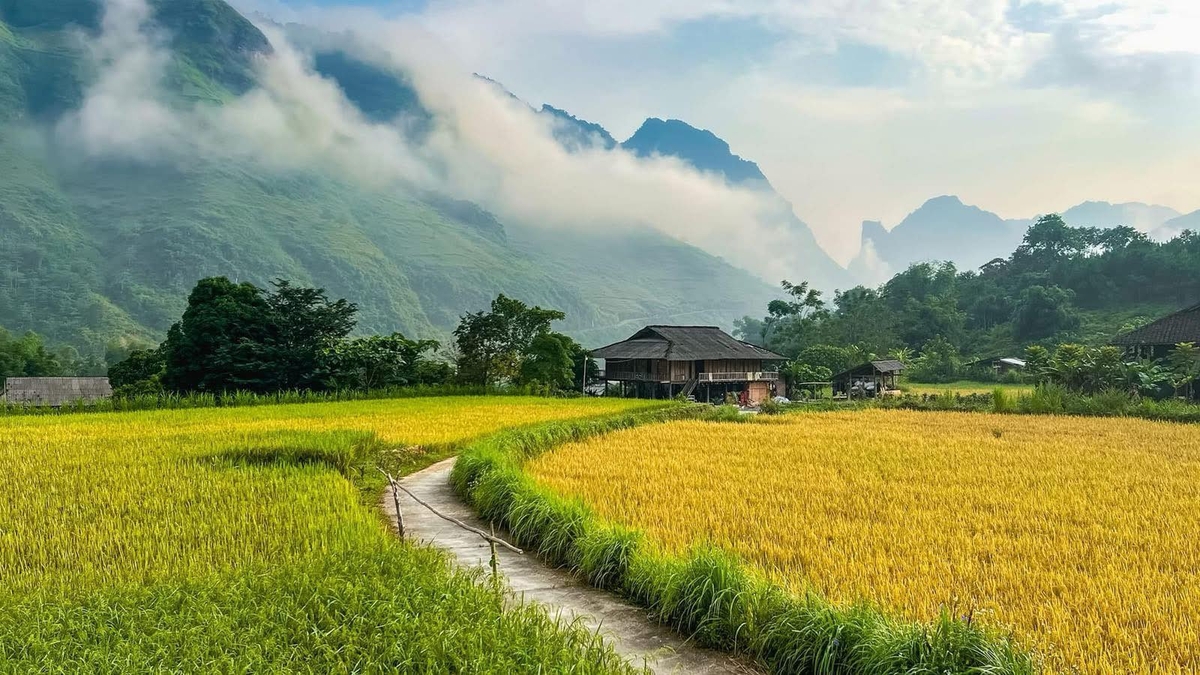
![[Photo] Prime Minister Pham Minh Chinh receives Mr. Tomas Heidar, Chief Justice of the International Tribunal for the Law of the Sea (ITLOS)](https://vphoto.vietnam.vn/thumb/1200x675/vietnam/resource/IMAGE/2025/5/6/58ba7a6773444e17bd987187397e4a1b)




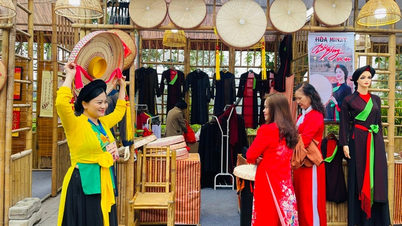





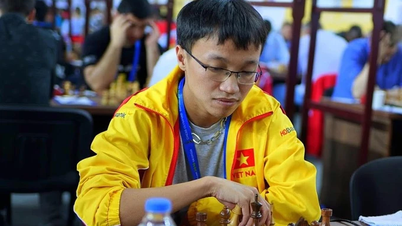









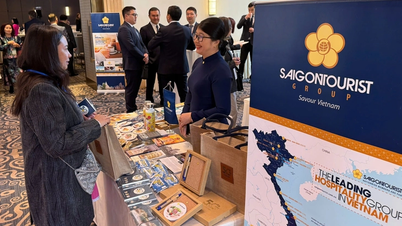

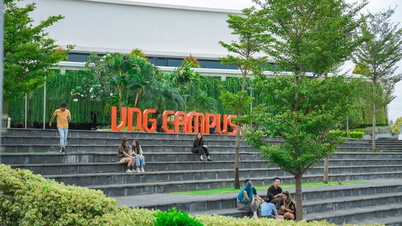






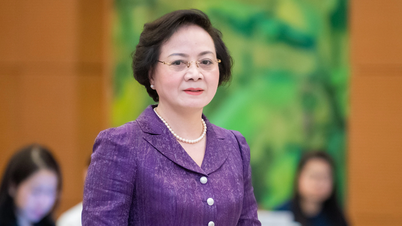


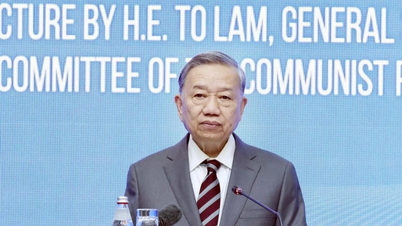
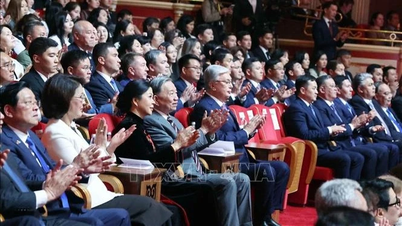
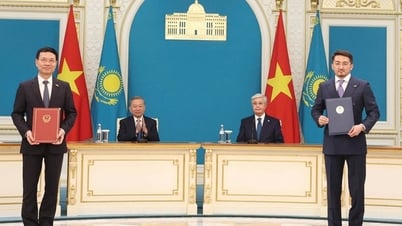




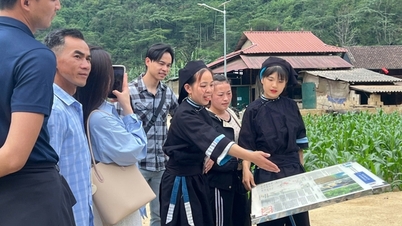
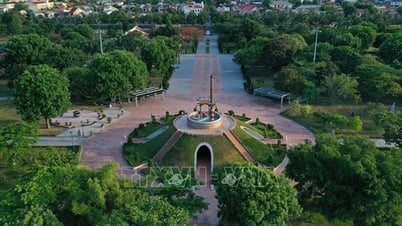















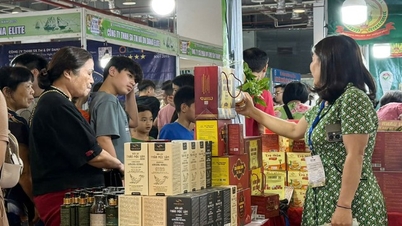

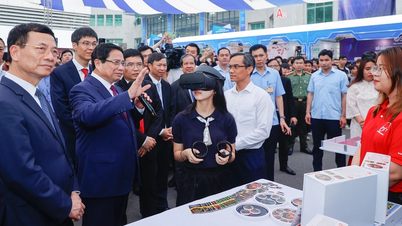
Comment (0)